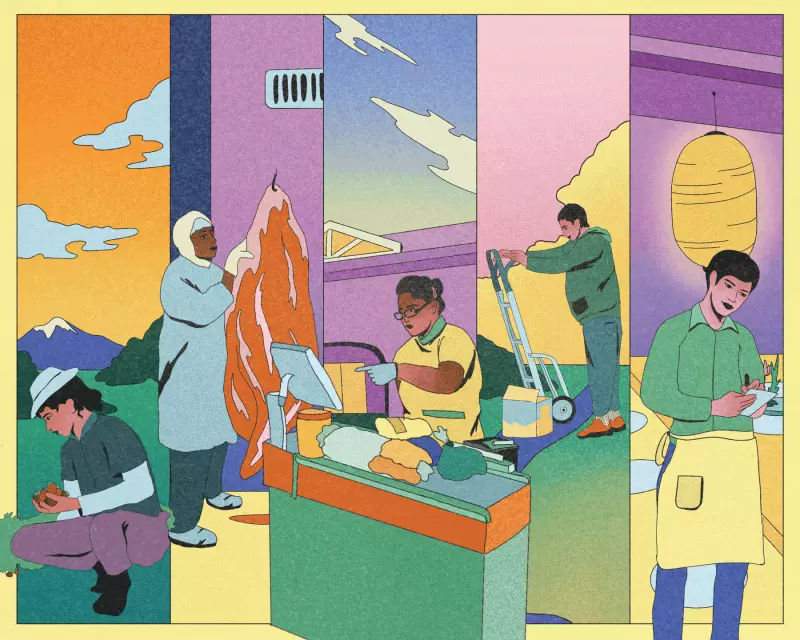
The UK’s food industry is facing a critical labour shortage, and a new report underscores just how reliant the sector has become on immigrant workers. From farm to fork, foreign labour keeps the nation fed—but with Brexit and tightening immigration rules, the future looks uncertain.
The Backbone of British Food Production
According to recent data, migrant workers make up a significant portion of the agricultural and food processing workforce. Without them, experts warn, supermarket shelves could run empty, and food prices would soar.
Key Findings:
- Over 40% of seasonal farm workers are migrants.
- Food processing plants rely heavily on foreign labour.
- Post-Brexit visa restrictions have worsened shortages.
Policy Challenges Ahead
The government’s new immigration policies have made it harder for low-skilled workers to enter the UK, leaving farmers and food producers scrambling for staff. Industry leaders are calling for urgent reforms to prevent a full-blown crisis.
"We need a sustainable solution," says one farming representative. "Without migrant labour, crops rot in the fields, and production lines stall."
What’s Next for the Food Sector?
With automation still years away from replacing human labour, the UK must decide: relax immigration rules or risk food shortages. The clock is ticking.





